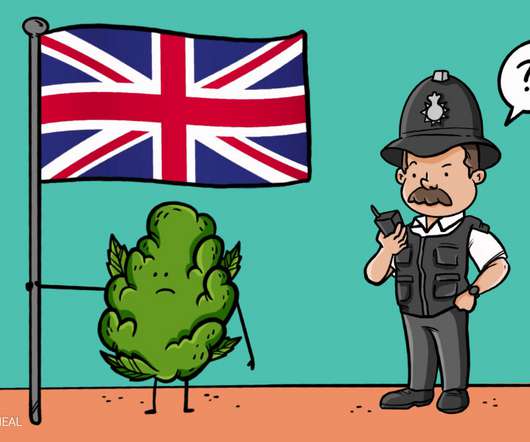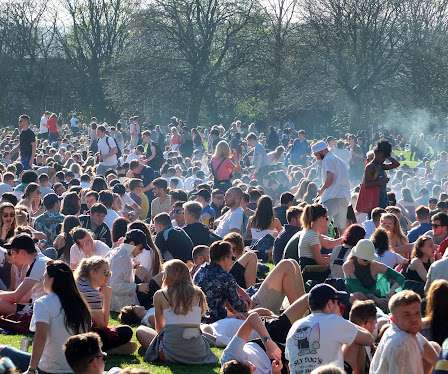The Baltic Times: Cannabis policy reform in Lithuania: history, current status, and future challenges
Cannabis Law Report
JULY 2, 2022
On Tuesday, the Seimas greenlighted the draft bill that aims to decriminalize personal possession of small amounts of cannabis. The move is another small step in the direction of making cannabis policy more lenient toward consumers who may be otherwise law-abiding citizens. The law defines hemp as the plant with less than 0.2%












Let's personalize your content